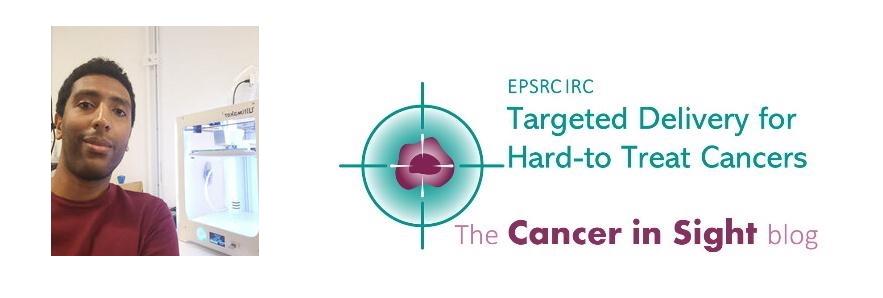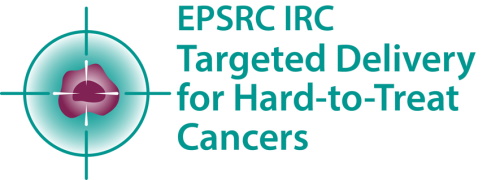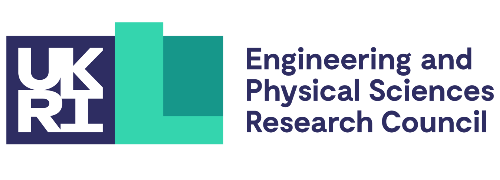
A researcher based at UCL, one of five founding universities that form the IRC, Dr Moe Elbadawi, explains how additive manufacturing is progressing development of implantable drug delivery devices to target inoperable brain tumours.
It’s an exciting time to be a scientist. I am a postdoctoral researcher working in the information age at a time when digitalisation is transformative. The ways in which digital technologies enable us to share knowledge and streamline processes is equivalent to the changes brought about by the first Industrial Revolution. Living and working today, during the fourth Industrial Revolution, brings opportunity to work with advanced technologies with capabilities that continue to progress rapidly.
This is relevant to my research which is aligned to the manufacturing team led by Dr Ronan Daly, which supports all the drug delivery technology areas that are part of the IRC programme. Working on the development of micro-dialysis pumps with Professor George Malliaras, I am exploring the possibilities of applying additive manufacturing – often referred to as 3D printing – to facilitate, where possible, the development of personalised and controlled drug release from implantable pumps. Making personalised delivery systems that are specific to the needs of the patient is important because the brain cancer we are trying to target, glioblastoma, is heterogenous in so many ways. These differences make designing effective therapeutics particularly challenging – off-the-shelf delivery systems make it challenging to cater for all tumour profiles.
Taking an additive manufacturing approach offers greater flexibility which can cater for a wide range of demographics, rather than relying on off-the-shelf products developed for a single leading demographic. Everyone is unique and we need to move away from this model. Similarly with glioblastoma, people’s tumours do not grow in the same way. Having the flexibility and precision to make drug therapeutics that meet the needs of individuals is a game changer. Dr Moe Elbadawi, IRC Researcher, School of Pharmacy, University College London
Additive manufacturing is a collection of manufacturing technologies that produce products in an additive manner. Traditional subtractive manufacturing starts with a solid block of material which is shaped into an object by removal processes. Additive manufacturing adds material layer by layer making the process more resource efficient. The digital precision is incredible and significant to this area of research where there can be issues of repeatability – additive manufacturing is more precise and guaranteed to reduce the variability between products.
As part of the IRC team, I am looking at how drug release is affected by changes in the implantable device. We are investigating what happens when specific changes are made to a device and if and how these changes affect the release profile. Dr Daly’s team, based at the Institute for Manufacturing at the University of Cambridge, are providing in vitro analysis using modelling that replicates how we might diffuse chemotherapeutics in the brain to help overcome teething problems. My part in this also explores how sterilisation affects the device – will it still perform as required after the sterilisation process? Everything must be tested before a device is ready for human trials.
Additive manufacturing is already present across many sectors, from aerospace, renewable energy sources and energy harvesting to tissue engineering. At the laboratory level it saves so much time. I have worked with traditional application techniques which are labour intensive to set up and time-consuming, whereas additive manufacturing enables rapid prototyping. Provided you have 3D modelling skills, you can design the elements you need and make the components yourself. At the translation level, additive manufacturing offers personalisation.
Taking an additive manufacturing approach offers greater flexibility which can cater for a wide range of demographics, rather than relying on off-the-shelf products developed for a single leading demographic. Everyone is unique and we need to move away from this model. Similarly with glioblastoma, people’s tumours do not grow in the same way. Having the flexibility and precision to make drug therapeutics that meet the needs of individuals is a game changer.
The future of additive manufacturing brings so much potential. Tasks can already be automated – just push ‘play’ and everything is done for you. As a digital technology, additive manufacturing is amenable to being integrated with other technologies. One example might be combining additive manufacturing with medical imaging. If you image a patient’s glioblastoma it would be possible to integrate that with additive manufacturing to print a 3D model of the glioblastoma, which would allow a surgeon to hold and examine the tumour before planning surgery.
The multidisciplinary and collaborative setting of the IRC is very stimulating. I am always learning from other people, and hope they are learning from me. It opens your eyes to seeing something in a different perspective and keeps research fresh. My first degree was in pharmacology – looking at how drugs are developed and designed. But I decided to change direction towards engineering because I realised that for some medical conditions, a drug cannot solve the problem. Engineering gives me exposure to other disciplines, insights and approaches.
We need as many tools as we can to help patients and improve outcomes. The IRC combines a range of skillsets to focus on developing effective targeted drug delivery devices for hard-to-treat cancers. This is the beauty of working as a consortium as there are many people from different disciplines and experiences who can bring their own interpretation of the problem and potential solutions. The IRC is applying this approach to improving the outcomes for patients with hard-to-treat cancers and I am proud to be a part of the team.
• Dr Moe Elbadawi is at University College London, School of Pharmacy where he works as part of the team led by Prof Simon Gaisford, Professor of Pharmaceutics.


